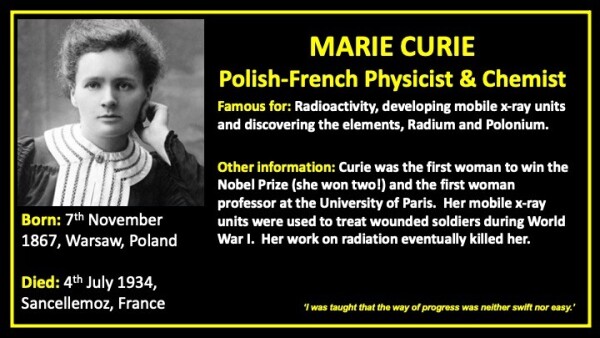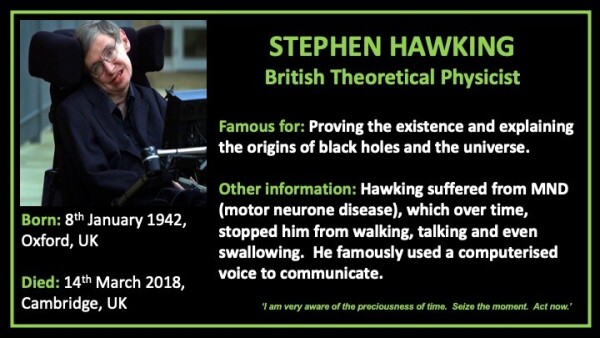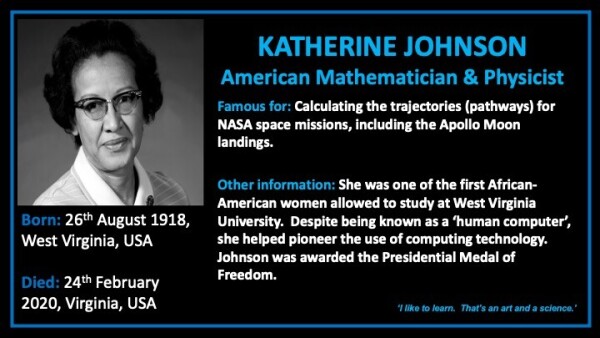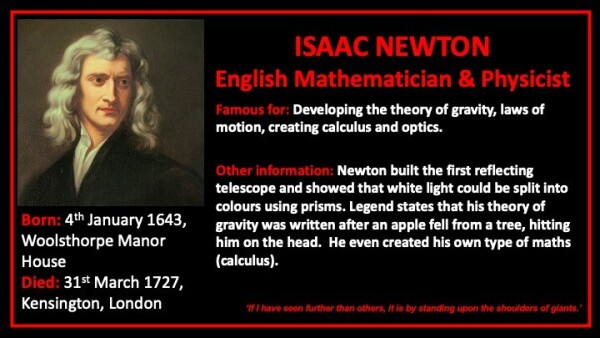Learning & Development
Science
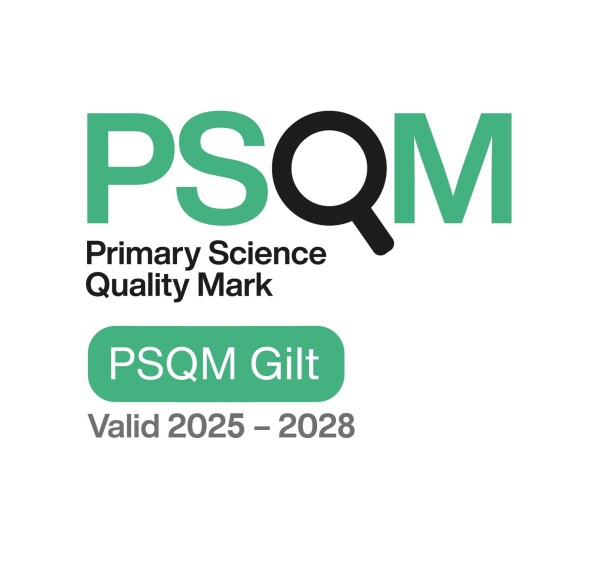
Science embodies the acquisition of knowledge and understanding of the natural world and beyond through the process of rigorous testing, observation and experimentation, which constantly challenge and build upon prior discoveries. This process results in technological advancements through the application of Science within engineering, which in turn has a profound impact on the world around us. Consequently, we believe that it is our duty to further develop this Science capital through the study of a diverse range of scientists, noting how these key individuals contributed to their fields.
Our ‘Science Vision and Principles’ document challenges us to develop children who understand what Science is, what it is for and its relevance in the world around us. We aim to nurture and develop their inquisitive nature in order to advance their knowledge using scientific vocabulary in order to discuss and confidently question the world around them, as they explore new concepts using a practical, ‘hands-on’ approach through scientific enquiry. Overall, we strive to expose the children to have a deeper understanding of the world, widening their opportunities for science capital and fostering a life-long love of Science and STEM.
At Red Lane, Science is taught as a discrete subject in order that the development of knowledge, vocabulary and scientific enquiry skills are taught both meaningfully and explicitly. Naturally, links are made to other areas of the curriculum, especially English, Mathematics, Design Technology and Computing, but this does not dilute the quality and entitlement of high quality Science teaching.
The school’s long-term plan for Science follows the Key Stage 1 and Key Stage 2 National Curriculum (2014) and sets out the content of teaching within in each year group. This is supported by the school’s Science progression document which demonstrates learning outcomes and expectations for Biology, Chemistry, Physics and Working Scientifically within each Science stand and subsequent units of work. Short term planning details how this content is developed over a series of lessons within the unit of work. The organisation of the Science curriculum provides structured opportunities for pupils to:
- Develop and use key scientific vocabulary within their correct contexts.
- Explore concepts and dispel common misconceptions through the use of investigation.
- Explore the world around them, developing their understanding of key physical and biological processes.
- Approach Science through practical scientific enquiry, through the process of enquire, explore, record and explain.
- Opportunities for working scientifically are provided, using a combination of observation over time, pattern seeking, identifying, classifying and grouping, comparative and fair testing and research using secondary sources of information.
- Devise their own lines of enquiry, which can be planned and subsequently implemented.
- Understand the essential role of Mathematics as a quantifiable source of evidence for scientific understanding.
- Understand the role of Science in the wider world, including its cultural impact on our everyday lives.
- Develop their Science capital through their understanding of the work of scientists and naturalists, from a range of times and cultures, understanding how their discoveries contribute to the cumulative nature of scientific understanding. This is covered through year-group unit linked scientists and Red Lane’s four House Teams.
Below you will find our key documents which will help you understand more about how Science is taught at Red Lane. Further detail can be obtained by contacting the school office.

